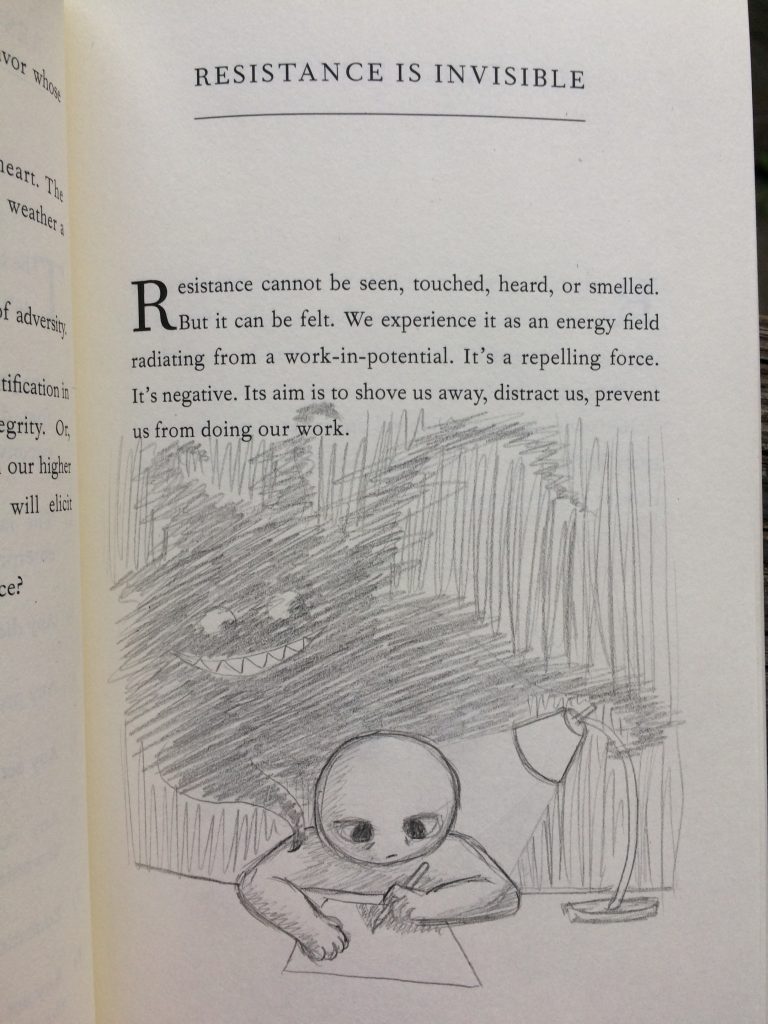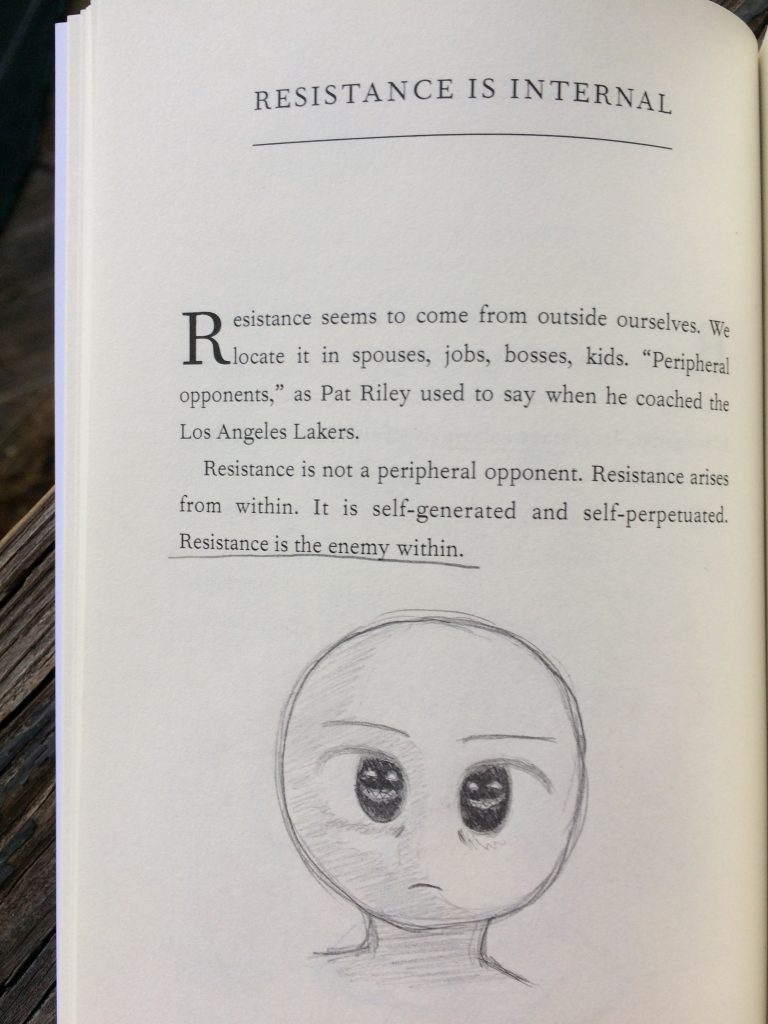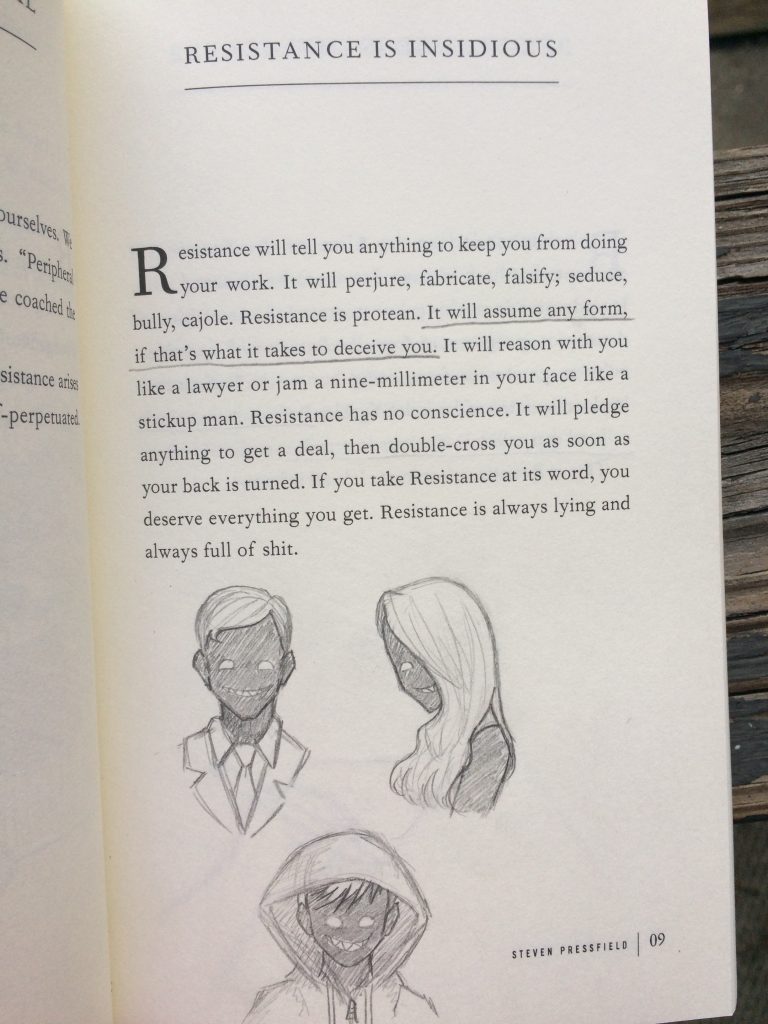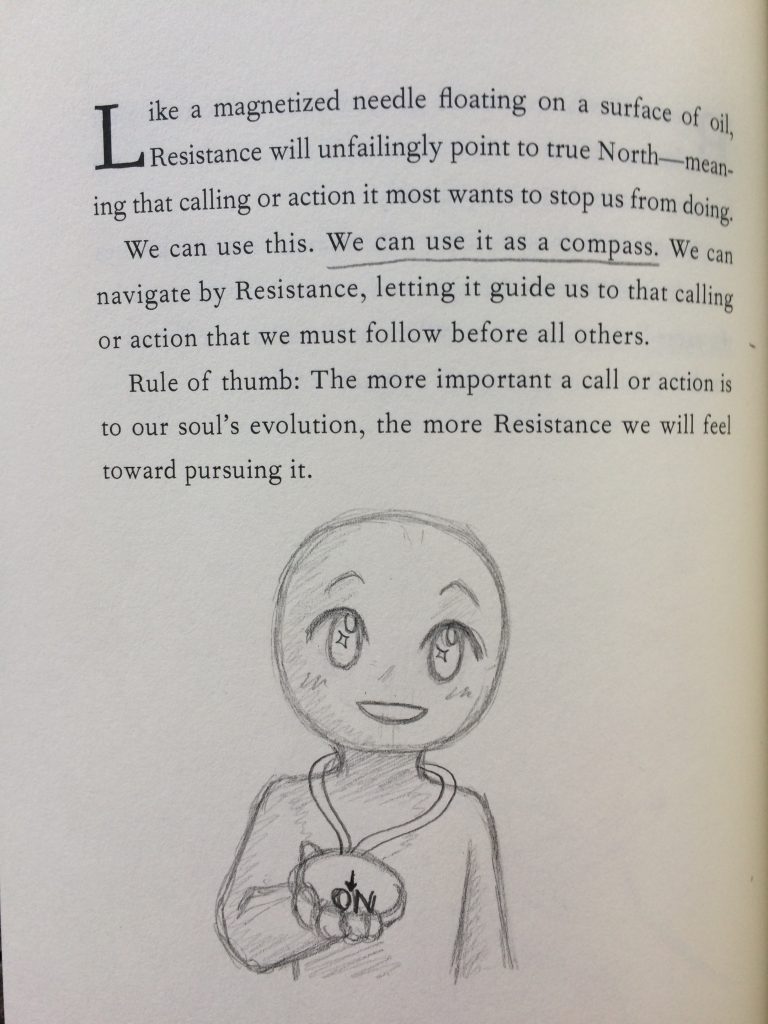Matt Haig’s “The Humans” gains the dubious title of “most frustrating book I’ve ever read all the way through”.
Before reading this review, please read the book yourself and come up with your own ideas about it. I very much don’t want this review to spoil it for you, and I’m about to lay out and thoroughly dissect the plot. Despite the fact that some of its meta-elements frustrate me in particular, the book is immensely well-written and beautiful, and I don’t want to diminish anyone’s enjoyment of it before they’ve even gotten the chance to read the original.
That being said…
I’ve found a number of books frustrating. The overwhelming majority, I didn’t bother to finish. Some of these books were badly-written, some espoused ideologies I strongly disagree with, some were internally inconsistent. I won’t name the specific books on this so-frustrating-I-didn’t-finish-them list, because you’ll probably think I’m making a value judgement against those books, or that I want to make you feel bad if you enjoy them. I’m not, and I don’t: my frustration with these books is an attribute of me, not of the books. Likewise, my frustration with “The Humans”.
Here’s a quick plot synopsis – as a refresher for the bits I’ll be talking about; if you haven’t read the book, read it.
There is a highly advanced alien species who finds out that a particular human has found out a thing they don’t want him to find out. As such, they kill him and send one of their own to impersonate him, to delete the evidence, including that which happens to be represented within human brains. The aliens are not concerned with the fact that humans tend to call this “murder”. The one they send has a difficult time adjusting to life as a human for a number of reasons, but gets out of some tough scrapes using magi- I mean alien technology. In the process, he gets attached to the family of the man he’s impersonating, who he was sent to kill, and also somewhat to humanity in general. He has an existential crisis over it all, and ends up relinquishing his life in his hyper-advanced home civilization to spend the rest of his life as a human mortal.
Here are my two specific points of frustration with that.
#1: The author is so focused on the main character’s journey to the end state which he understands (poetic sympathy with the modern human condition) that he doesn’t adequately demonstrate the beginning state, and the whole journey is cheapened as a result. Essentially, he writes a story from the perspective of someone who comes from an entire society whose entire purpose in existence is math, and yet there isn’t much actual math in it. Not even for the purpose of making decisions. I know from experience that when you really care about the math, you sort of become the math. It isn’t just a tool you use, it takes over your thoughts. Part of the beauty of stories like HPMOR is that they’re really, honestly about science – you couldn’t remove the science without removing the story.
There is a fundamental disconnect when you try to write a book from the perspective of someone in love with math, without yourself actually being in love with math. Really being in love with math doesn’t look like having a favorite prime number. It doesn’t even look like recognizing the importance of math to the structure of the universe, though this is in fact a piece of insight more people could do to have. Really being in love with math looks like having the thoroughly amazing realization that the question “what should I believe?” has an empirically proven correct answer. It looks like finding beauty in a proof like an artist finds beauty in a flower. It looks like loving the universe more because of its mathematical roots; finding more joy, not less, in a rainbow once it has been explained.
In short, I’d like to see this book’s premise rewritten by a mathematician.
#2: The ending of this book generally makes the transhumanist in me want to scream.
I don’t think it’s terribly hard to see why death is a bad thing. A decent portion of humans have already decided on it. It would be even easier to decide that death is bad if you came from a society which didn’t have any such thing: the only reason that many humans think it’s okay is rationalization, anyway. You could make people rationalize reasons why getting hit on the head with a truncheon every week was actually a good thing, if they thought it was inevitable. (It makes your head stronger! And makes you happier on the days you’re not getting hit on the head! No, really!) But if I asked you, dear reader, who are presumably not subject to such a weekly annoyance, if you’d like to start, for all the amazing benefits, I think you’d say no.
And yet this alien, who comes from a society which has no such thing as death, and furthermore no such thing as permanent physical injury, accepts mortality in exchange for becoming one of The Humans.
I mean, I get it, humans are cool. That’s the whole “humanist” bit. I love humans too. I think we’re capable of greatness. But exchanging immortality for us? Without so much as putting up a fight?
I think I’d at least try to apply my superior intelligence to figure out exactly how the relevant bits of alien technology worked, and find out how to apply them in humans. Yet he fails to take a trip down that line of discovery. Further, the alien is small-scale altruistic without ever considering the concept of large-scale altruism. He spends a lot of time agonizing over the fact that he can’t help the humans since they’d realize he wasn’t one of them, and yet he spends a non-negligible portion of the book helping the family of the man he’s impersonating. I think if I had a magic left hand that I didn’t want anyone to know about, I would still go around using it to cure people. Just, when I got asked how it worked, I’d say “Science!” – it’s a curiosity-stopper for a lot of people. On the whole, if I was really intent on abandoning my home planet for Earth, I would at least try to steal as much useful stuff as possible before I left, and use it to the best of my ability.
So why didn’t the alien do this? Simply, because he was written by a human who had not thought of it. The writer must encompass his characters, and so no character can go beyond the knowledge of the writer. If you consider what an immortal alien would do, that doesn’t let you magically climb outside your own brain to generalize from knowledge that isn’t yours. If you accept death as the natural order, who says that an immortal alien wouldn’t accept it too?
I do. It doesn’t make any sense. I wouldn’t do that, and I grew up with death. Within the past year, two of my relatives have died, along with hundreds of thousands of strangers, and I find that completely unacceptable. I have reason to believe that an immortal alien would probably think a bit more like me than like Matt Haig – assuming the alien were capable of thinking like a human at all.
So, I suppose, this book is frustrating because it accepts what, to me, is unacceptable, without putting up a fight at all. It’s one long exercise in the Mind Projection Fallacy, and a demonstration of the fact that to write true science fiction you need to actually know science. I read it all the way through anyways because it’s beautifully written and incredibly interesting.



